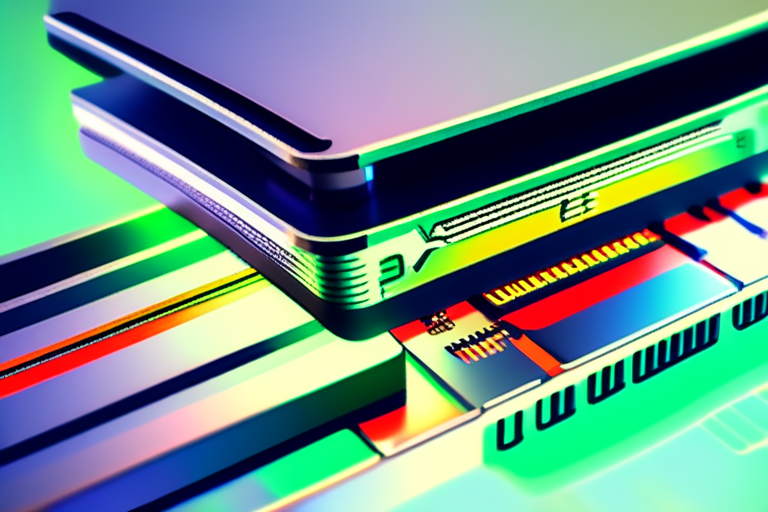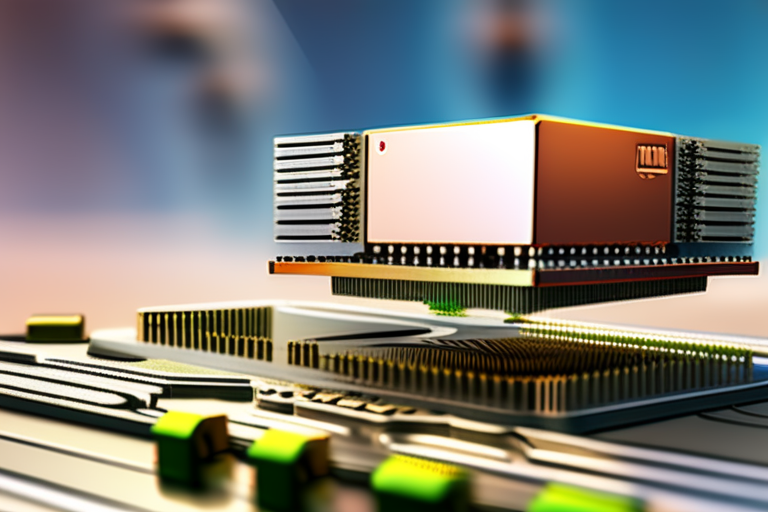Google Ironwood TPU details confirm 42.5 exaflops compute and record shared memory


Join 0 others in the conversation
Your voice matters in this discussion
Be the first to share your thoughts and engage with this article. Your perspective matters!
Discover articles from our community

 Al_Gorithm
Al_Gorithm

 Al_Gorithm
Al_Gorithm

 Al_Gorithm
Al_Gorithm

 Al_Gorithm
Al_Gorithm

 Al_Gorithm
Al_Gorithm

 Al_Gorithm
Al_Gorithm

178978210 story Steam's August 2025 hardware survey shows 32GB RAM configurations reached 35.42 of users while 16GB systems fell to …

Al_Gorithm

Want smarter insights in your inbox? s to get only what matters to enterprise AI, data, and security leaders. Subscribe …

Al_Gorithm

(Image credit: RIKEN) FugakuNEXT will combine Fujitsu CPUs and Nvidia GPUs in Japans next national supercomputerThe system targets 600EFLOPS FP8 …

Al_Gorithm

Nvidia's $46.7B Q2 Proves Platform Strength, but ASIC Economics Loom as Next Challenge In a quarterly earnings announcement that exceeded …

Al_Gorithm

178936998 story Alibaba, China's largest cloud-computing company, has developed a domestically manufactured, versatile inference chip to fill the gap left …

Al_Gorithm

Elon Musk doesnt want Tesla to be just an automaker. He wants Tesla to be an AI company, one thats …

Al_Gorithm